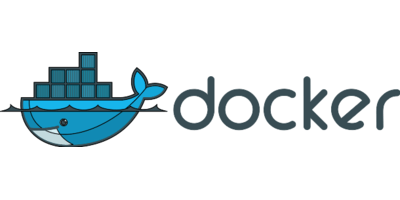This post is a summary of the work I’ve done to add a HEALTHCHECK to several projects.
Adding HEALTHCHECK to a regular web server
Before adding a health check command, you need to make sure you have the wget, or curl installed inside your web server container.
You can do it by adding this or similar command to your project Dockerfile:
RUN apt update ; DEBIAN_FRONTEND=noninteractive apt install -y wget
You need to have a URL to check if your server is alive. In my case, it’s localhost:8080/alive.
I added the following line to the Dockerfile:
HEALTHCHECK --interval=10s --timeout=3s --start-period=30s --retries=3 CMD \
wget -O /dev/null localhost:8080/alive
In case you do not have wget in your container, you can use curl:
HEALTHCHECK --interval=10s --timeout=3s --start-period=30s --retries=3 CMD \
curl -o /dev/null localhost:8080/alive || true
Checking Java actuator health status
Add this or similar line to Dockerfile
HEALTHCHECK --interval=10s --timeout=3s --start-period=150s --retries=3 CMD \
[ $(wget -O - -o /dev/null localhost:8087/actuator/health | jq -r ".status") = "UP" ]
Add this or similar section to docker-compose file
healthcheck:
test: [ "CMD-SHELL", "[ $$(wget -O - -o /dev/null localhost:8185/actuator/health | jq -r '.status') = 'UP' ]" ]
interval: 10s
timeout: 3s
retries: 3
start_period: 30s
Adding HEALTHCHECK to a custom Postgresql container
HEALTHCHECK --interval=10s --timeout=3s --start-period=30s --retries=3 CMD pg_isready
Adding HEALTHCHECK to a custom Cassandra container
HEALTHCHECK --interval=10s --timeout=3s --start-period=150s --retries=3 CMD \
[ $(nodetool statusgossip) = "running" ]
Same for implementing with docker-compose.yaml
healthcheck:
test: ["CMD-SHELL", "[ $$(nodetool statusgossip) = running ]"]
Adding HEALTHCHECK to custom Redis container
You can modify docker compose file and add a “healthcheck:” section. For example:
healthcheck:
test: [ "CMD", "redis-cli", "-a", "${REDIS_PASSWORD}", "--raw", "incr", "DockerHealthcheck" ]
interval: 10s
timeout: 3s
retries: 3
start_period: 30s
Dump all running containers + health check status
Use the following command: docker ps –format “table {{.Names}}\t{{.Status}}”
NAMES STATUS
airflow-webserver Up 8 minutes (healthy)
airflow-worker Up 8 minutes (healthy)
airflow-scheduler Up 8 minutes (healthy)
airflow-triggerer Up 8 minutes (healthy)
cloud-web Up 9 minutes (healthy)
rundeck Up 9 minutes (healthy)
airflow-redis Up 10 days (healthy)
airflow-postgres Up 10 days (healthy)
Health check for multiple projects using the same Dockerfile
The solution here is to implement healthcheck on the level of docker compose project
Listen for docker health events
docker events --filter event=health_status
